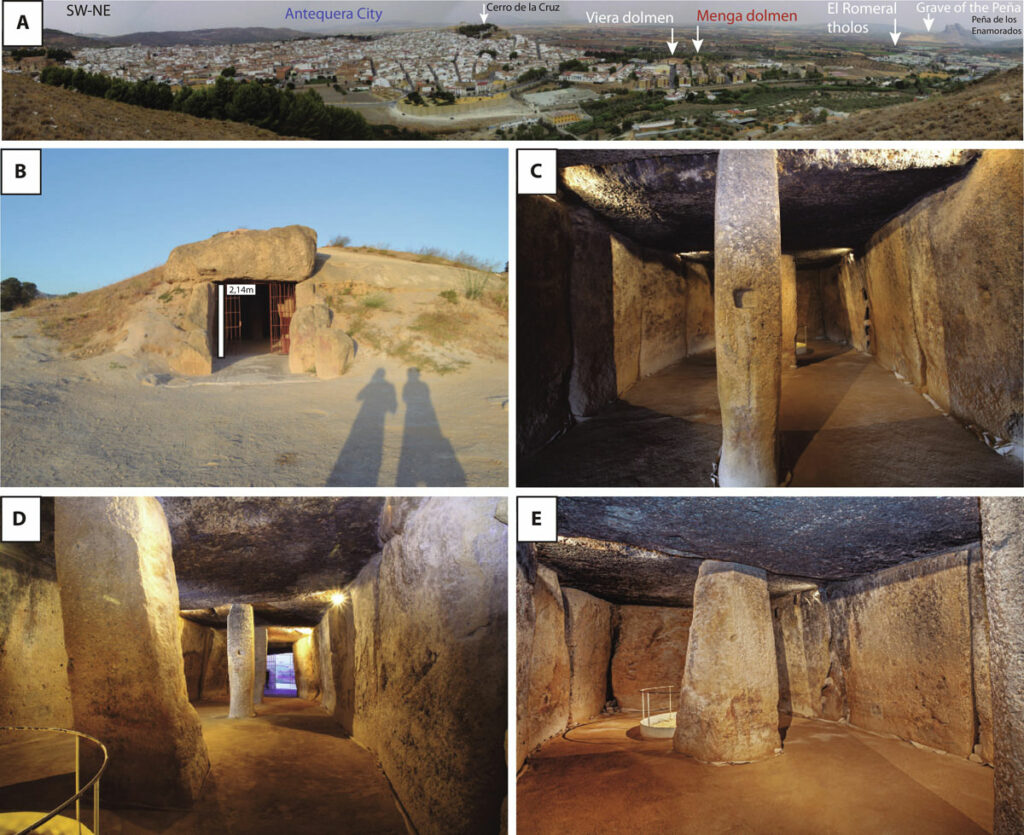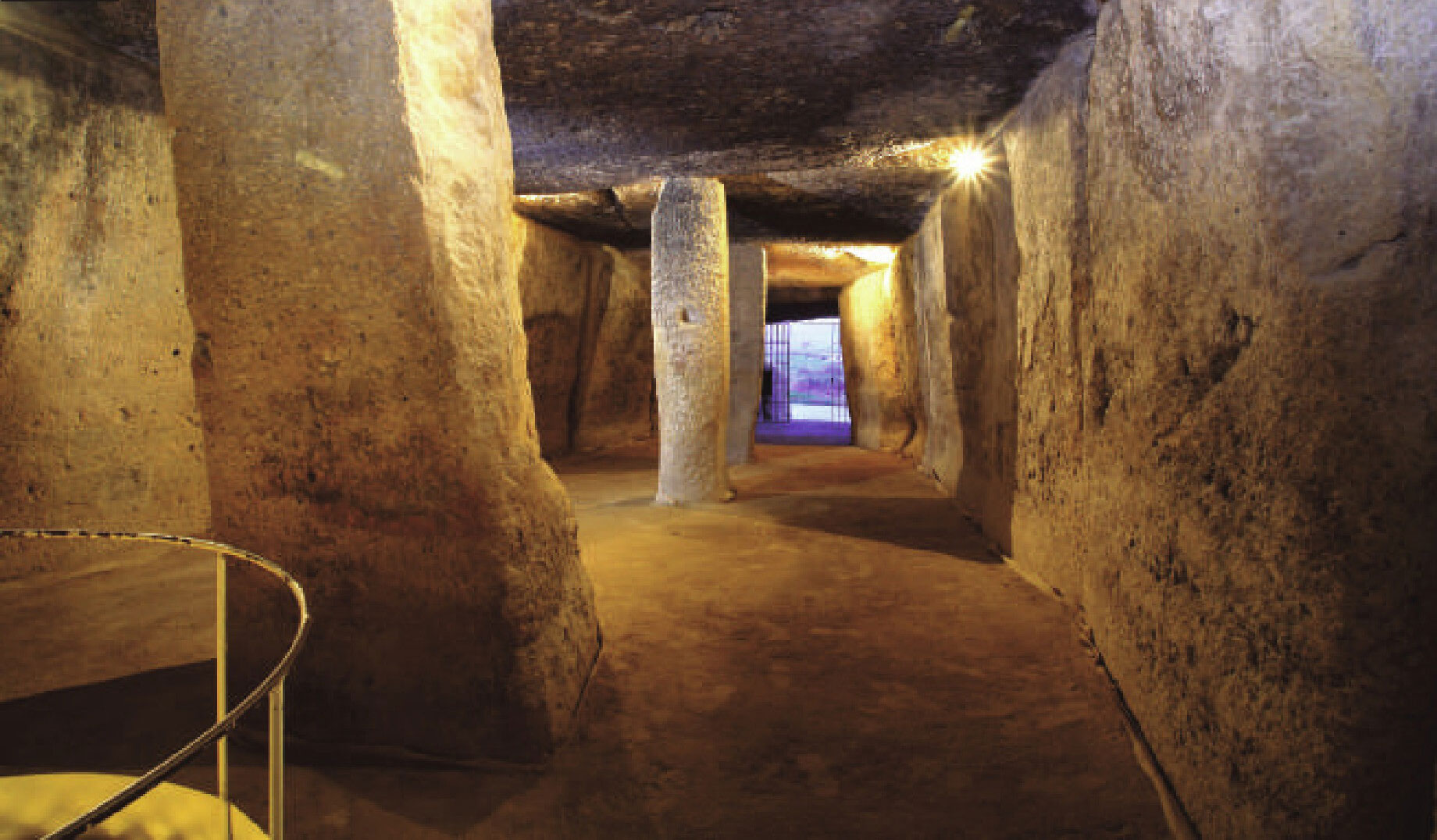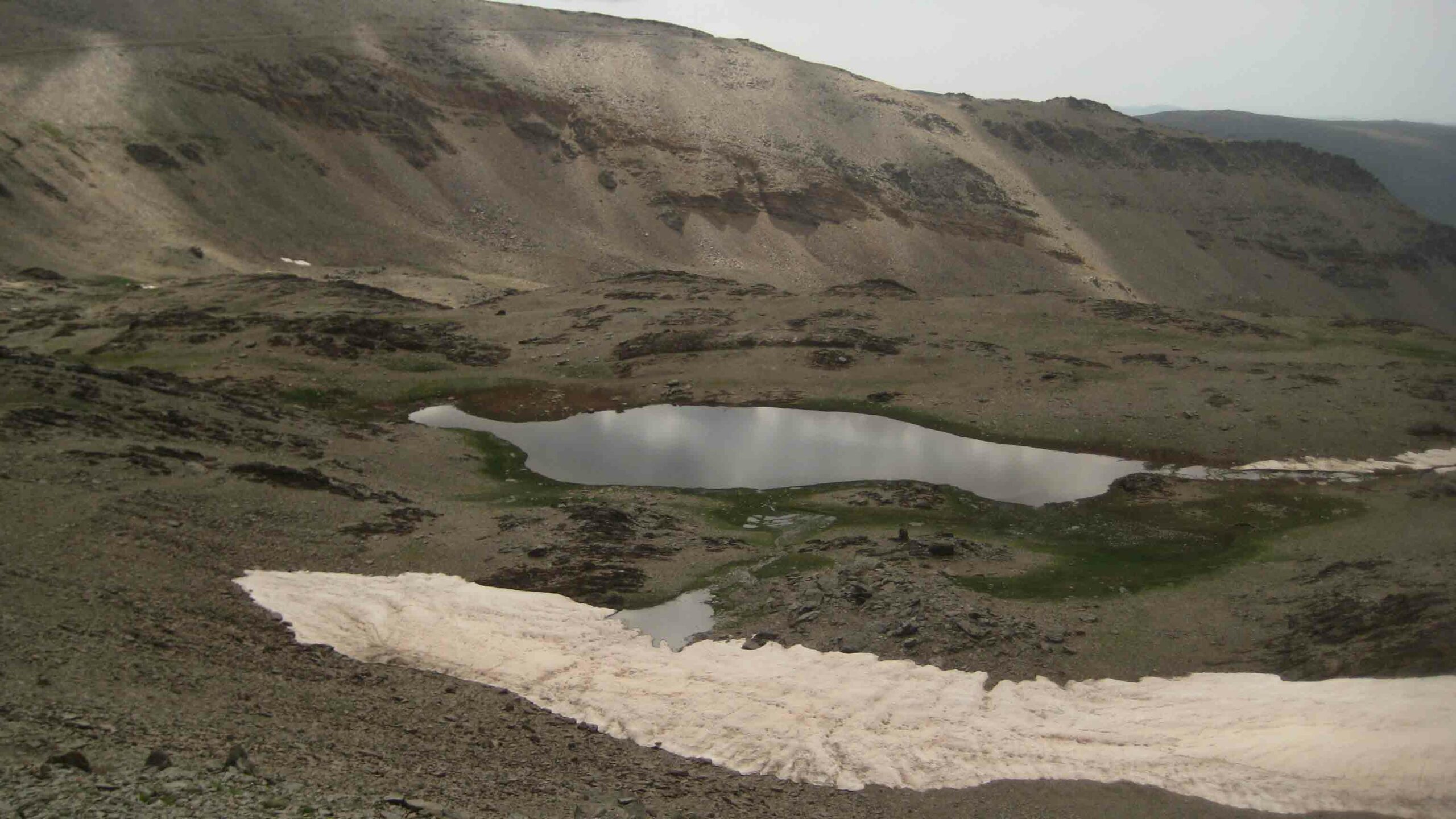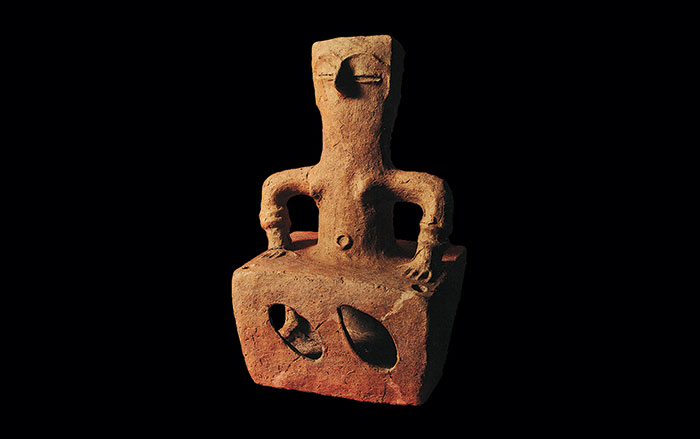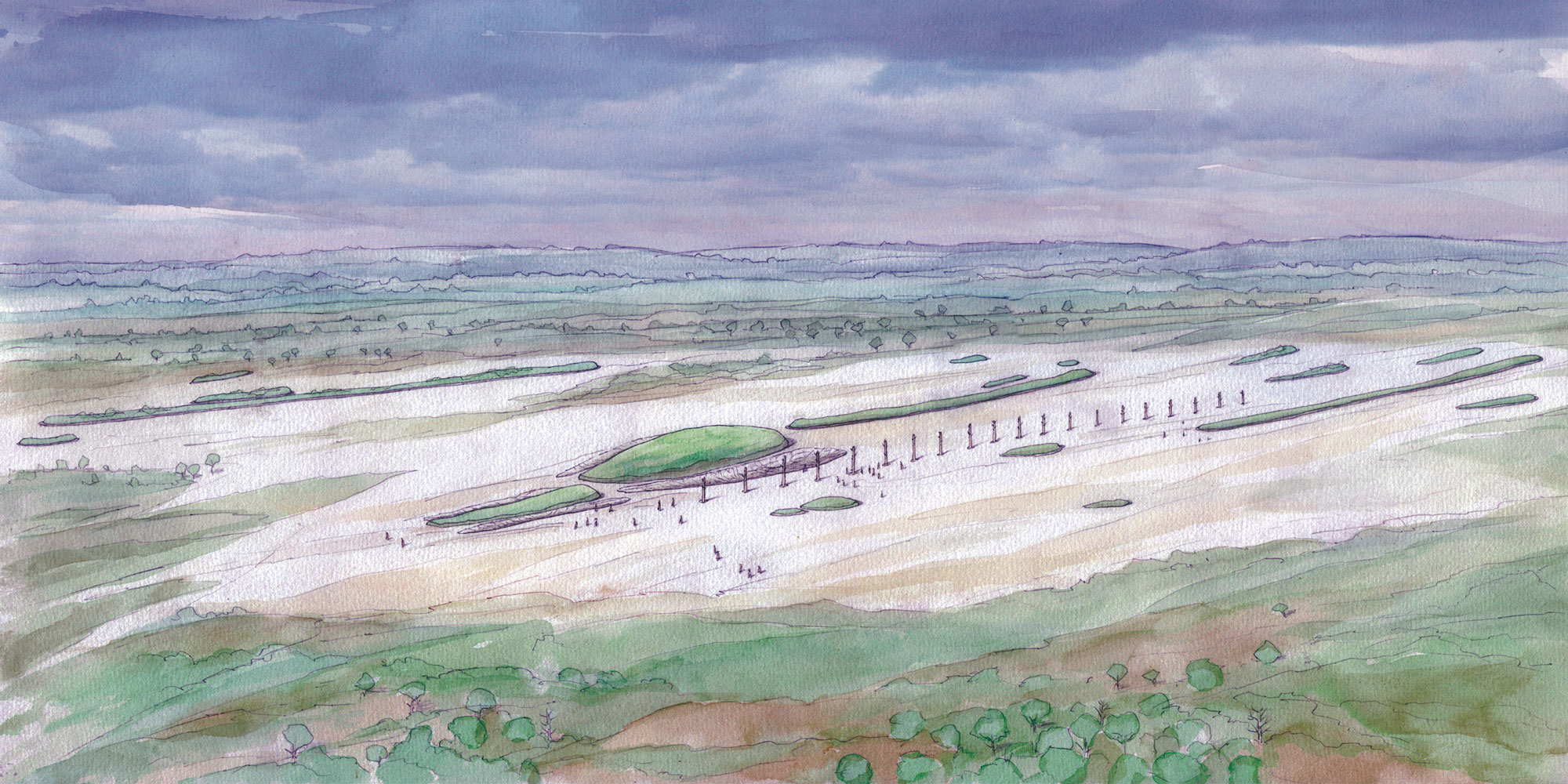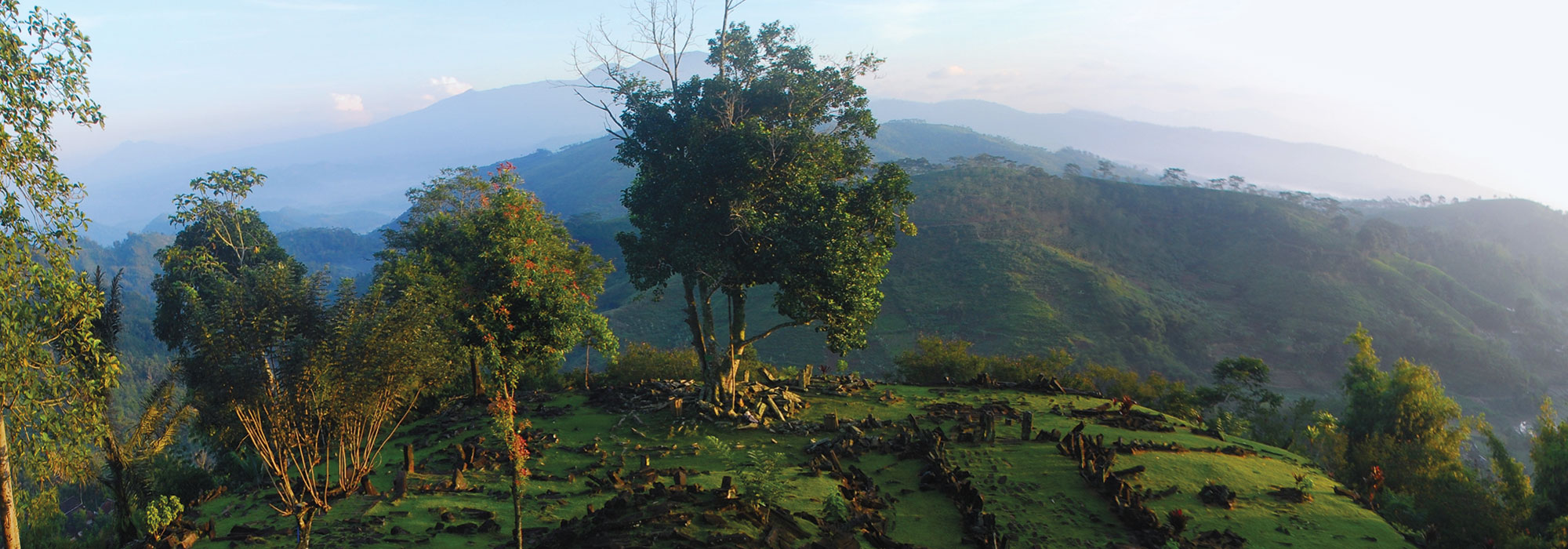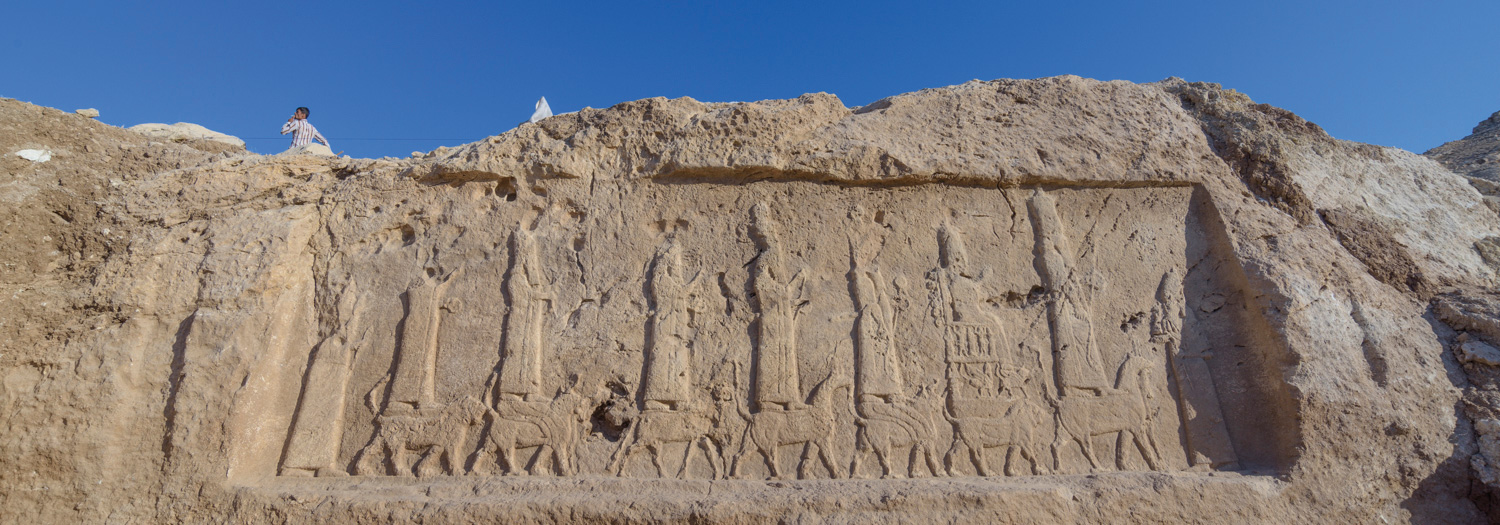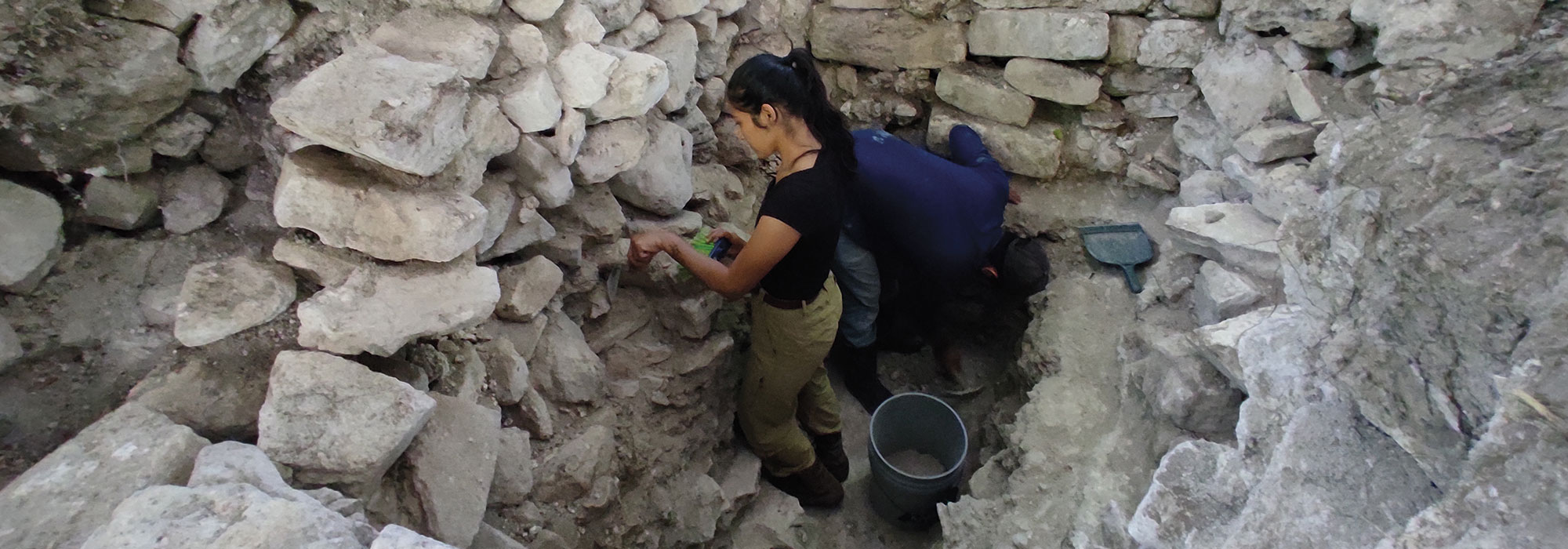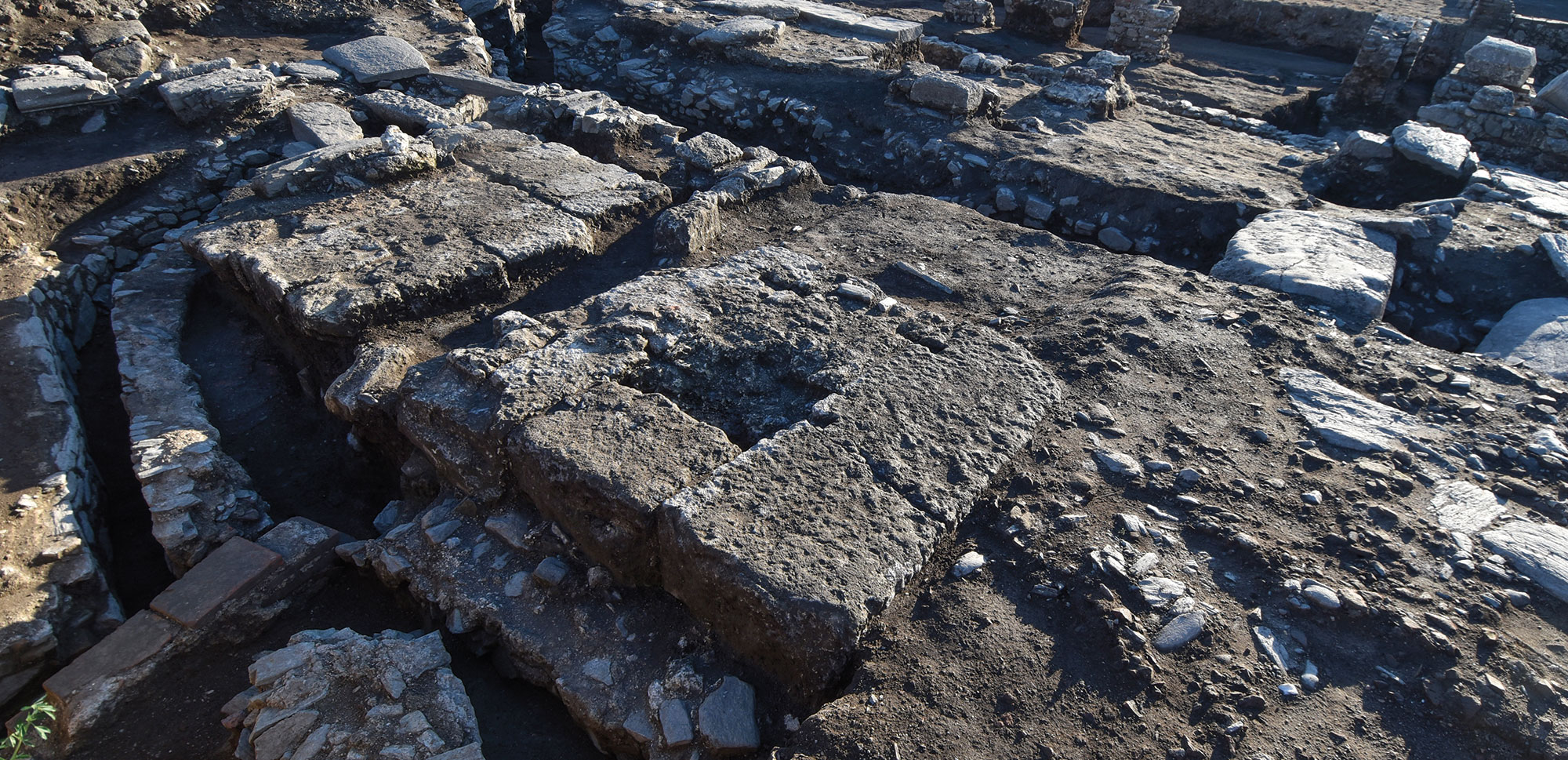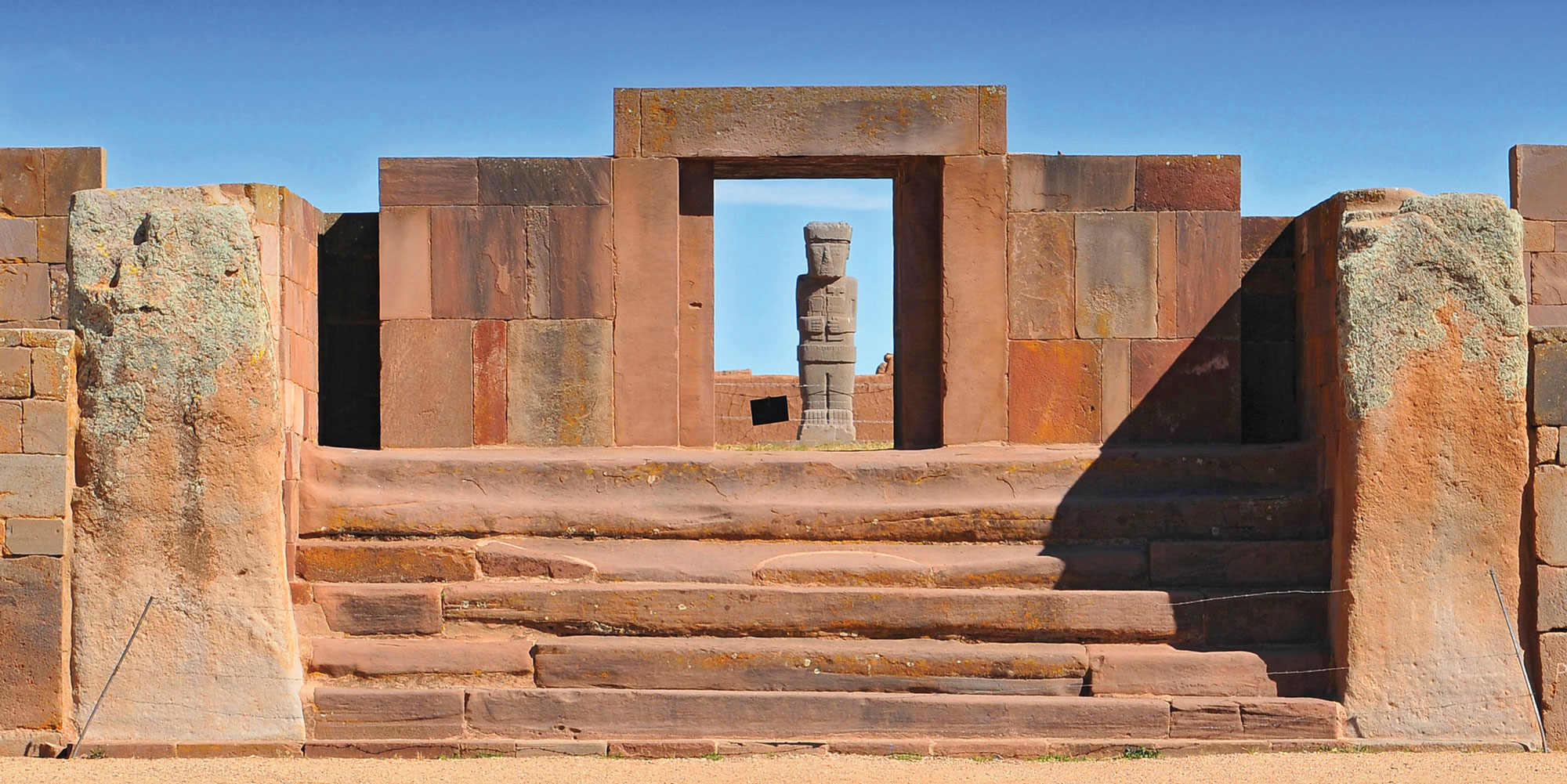ANTEQUERA, SPAIN—According to a Phys.org report, a team of archaeologists, historians, geologists, and physicists led by José Antonio Lozano Rodríguez of the Canary Islands Oceanographic Center and the University of Alcalá examined the Menga dolmen, a megalithic monument built in what is now southern Spain some 6,000 years ago, to learn more about how it was constructed. The structure consists of stone walls topped with a stone ceiling supported by stone pillars. Some of these stones weigh more than 160 tons. The researchers suggest that the stones were quarried about one-half mile away and transported to the site on sledges dragged over a wooden trackway. Then, they think the site for the dolmen was dug out of the hill in which the monument rests, and the rocks were precisely wedged into place in the bedrock with counterweights and ramps. Interlocking the stones at a slight inward angle with levers reduced the size of the roof needed, and produced the dolmen’s trapezoidal building shape. The pillar stones were then added, and the roof stones were put in place. Overall, the researchers concluded, each step of the construction required the work of highly skilled engineers. Read the original scholarly article about this research in Science Advances. To read about a 1,500-acre megalithic complex identified in Huelva Province, go to "Around the World: Spain."
